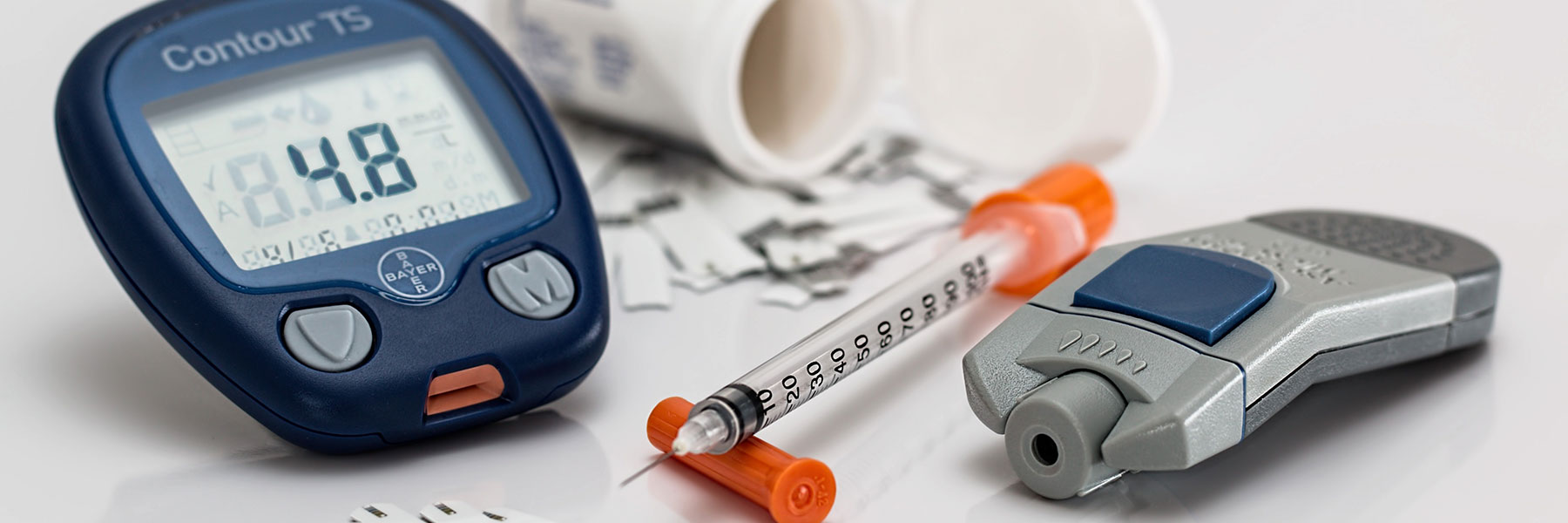
![]()
DPP found that over the three years of the study, diet and exercise sharply reduced the chances that a person with IGT would develop diabetes. In comparison, metformin reduced risk less dramatically and was cost prohibited.
The DPP's striking results tell us that millions of high-risk people can modify their diet and exercise to lose a small amount of weight to delay or prevent the development of type 2 diabetes. The Diabetes Prevention Program Outcomes Study (DPPOS), the 10-year follow-up study to the DPP, has closely followed 88 percent of the surviving DPP participants who were eligible to join. The incidence of diabetes in the 10-year follow-up study was reduced by 34 percent in the lifestyle group, and 18 percent in those taking metformin compared with the placebo group. For participants age 60 and older, the development of diabetes was reduced by 49 percent by intensive lifesty
Diabetes prevention programs that are part of the National DPP use lifestyle change interventions that target improving diet, increasing physical activity and achieving moderate weight loss.
To be identified as a participant in the program, individuals would need to have: